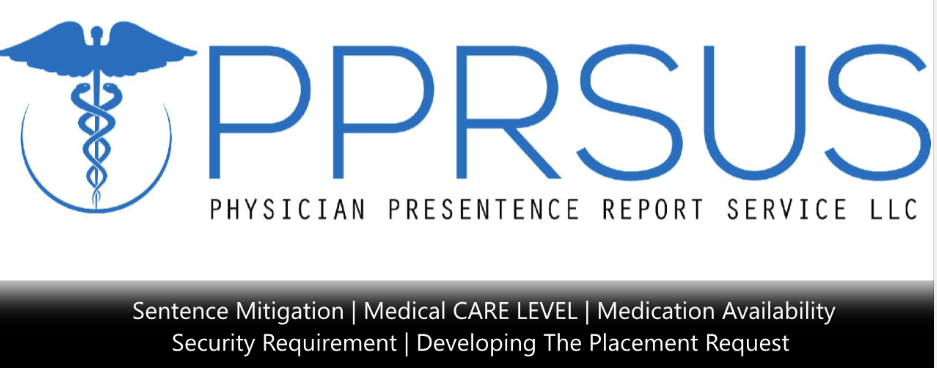Whether federal or state, all pregnant inmates have the constitutional right to obtain appropriate medical care. To what extent prison policies address pregnancy-related services is one indicator of how that facility and state or federal agency treat pregnant women in its custody. We will cover federal prison policies today, and my next issue will cover several individual state policy examples, so stay tuned!
While the National Commission on Correctional Health Care (NCCHC) has been at the forefront leading to dramatic improvements in pregnancy inpatient care, they are by no means alone. As you will see, they are accompanied by the:
- American Congress of Obstetricians and Gynecologists (ACOG),
- American Public Health Association (APHA)
- Association of Women’s Health Obstetrics Neonatal Nurses (AWHONN),
- American Correctional Association (ACA).
- Correction Officers (CO) also hold an integral position within the carceral system. They are the key personnel in the successful implementation of policies and programs that support maternal and child healthcare [MCH] policies for pregnant women in prison. While their primary responsibility is maintaining safety and security, they acknowledge they also wish to support MCH policies and programs (e.g. doula, to start with). This could change the paradigm by providing positive outcomes for their pregnant inmates, and promoting long-lasting bonding experiences with their newborns.
Introduction
A significant percentage of women entering prison are of the age where they’re sexually active, are either at risk for pregnancy, or are already pregnant. A 2019 study reported that a total of 4% of women in federal custody were pregnant and 753 gave birth (Sufrin, 2019).
Most women entering prisons are mothers, as well as the primary caregivers to young children, (Glaze & Maruschak, 2010). It would be helpful if facilities (federal and state) made a conscious effort in recognizing the resulting psychological difficulties that result when forced separation occurs following childbirth. While it’s a lot to ask, creating areas for new mothers to pump breast milk for their infants, then having a place to store it, goes a long way in allowing them to establish their relationship with their new child, at a minimum.
NCCHC Has Set National Standards for Pregnancy-Related Health Care in Correctional Settings
- Pregnancy and Postpartum Care (white paper)
- Restraint of Pregnant Inmates (position statement)
- Breastfeeding in Correctional Settings (position statement)
- The NCCHC standard titled P-G-O7: “State Standards for Pregnancy-Related Health Care in Prison”
- The NCCHC standard titled P-G-09: “STATE STANDARDS FOR PREGNANCY-RELATED HEALTH CARE AND ABORTION FOR WOMEN IN PRISON”
ACOG: specialists in Obstetrics and Gynecology, “The use of restraints on pregnant incarcerated women and not only compromise health care but are rarely necessary.”
Department of Justice Office of the Inspector General, Review of the Federal Bureau of Prisons Management of Its Female Inmate Population, Evaluations and Inspections Division 18-05 (Washington, DC: September 2018).
An interview with an Assistant Federal Public Defender (Page 82 bottom)
1- They found the lack of information and communication about the MINT program for pregnant women facing prison time, problematic.
2- Specifically, as pregnant women await sentencing, they do not have a sense of what to expect, or decisions they need to make in terms of medical care or custody of their infant.
3- BOP was not forthcoming with any substantive information about how to initiate the approval process for MINT participation while the defender’s pregnant client awaited sentencing, despite their and the judge’s efforts to contact BOP and MINT programs.
The views expressed by the defender are their own and do not represent the views of the Administrative Office of the U.S. Courts or the federal judiciary.



